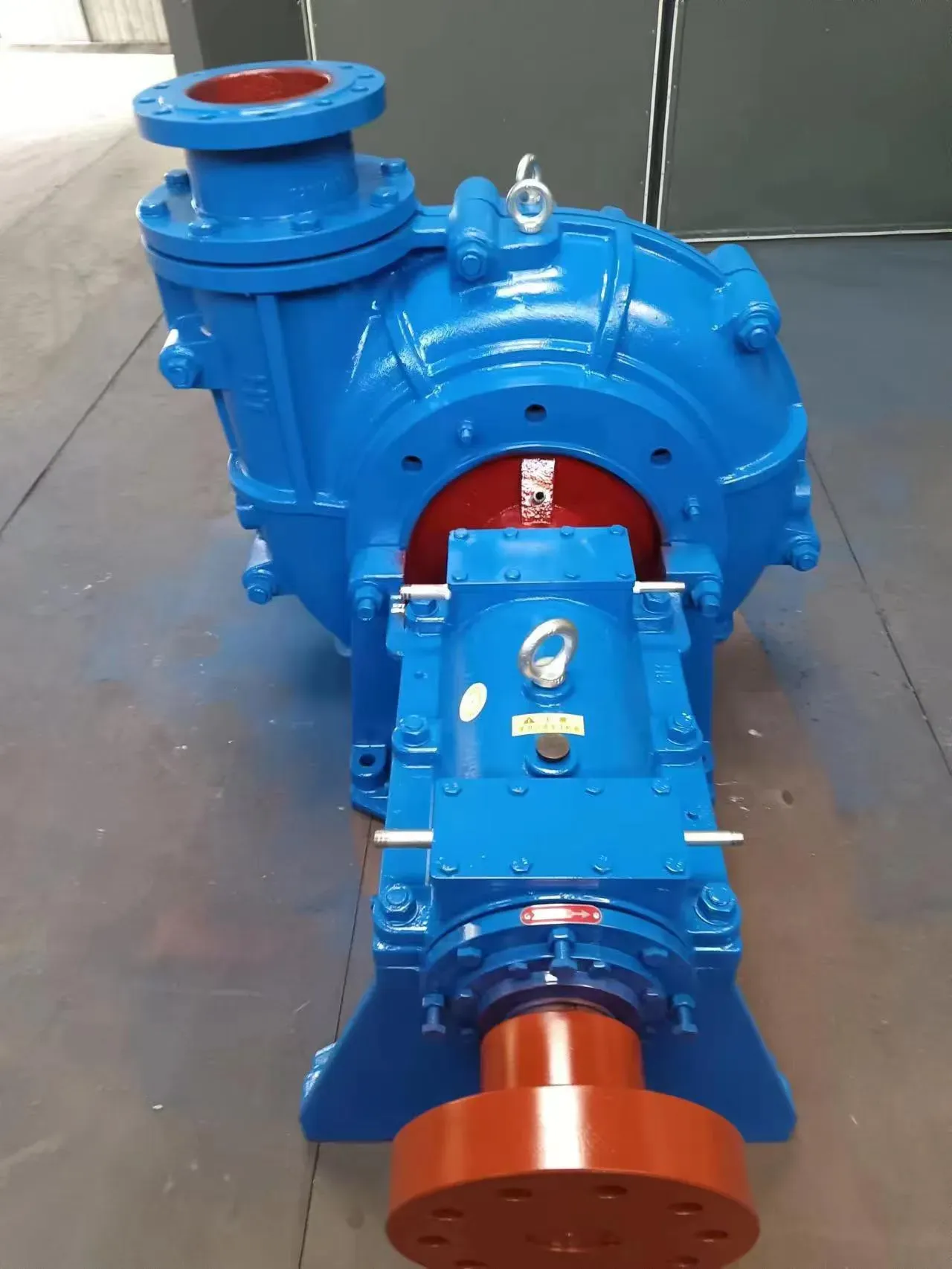Finnish
- Afrikaans
- Albanian
- Amharic
- Arabic
- Armenian
- Azerbaijani
- Basque
- Belarusian
- Bengali
- Bosnian
- Bulgarian
- Catalan
- Cebuano
- Corsican
- Croatian
- Czech
- Danish
- Dutch
- English
- Esperanto
- Estonian
- Finnish
- French
- Frisian
- Galician
- Georgian
- German
- Greek
- Gujarati
- Haitian Creole
- hausa
- hawaiian
- Hebrew
- Hindi
- Miao
- Hungarian
- Icelandic
- igbo
- Indonesian
- irish
- Italian
- Japanese
- Javanese
- Kannada
- kazakh
- Khmer
- Rwandese
- Korean
- Kurdish
- Kyrgyz
- Lao
- Latin
- Latvian
- Lithuanian
- Luxembourgish
- Macedonian
- Malgashi
- Malay
- Malayalam
- Maltese
- Maori
- Marathi
- Mongolian
- Myanmar
- Nepali
- Norwegian
- Norwegian
- Occitan
- Pashto
- Persian
- Polish
- Portuguese
- Punjabi
- Romanian
- Russian
- Samoan
- Scottish Gaelic
- Serbian
- Sesotho
- Shona
- Sindhi
- Sinhala
- Slovak
- Slovenian
- Somali
- Spanish
- Sundanese
- Swahili
- Swedish
- Tagalog
- Tajik
- Tamil
- Tatar
- Telugu
- Thai
- Turkish
- Turkmen
- Ukrainian
- Urdu
- Uighur
- Uzbek
- Vietnamese
- Welsh
- Bantu
- Yiddish
- Yoruba
- Zulu
Telephone: +86 13120555503
Email: frank@cypump.com
joulu . 03, 2024 22:08 Back to list
Pumps for the Chemical Industry Enhancing Efficiency and Performance in Fluid Management
Understanding the Role of Pumps in the Chemical Industry
Pumps are indispensable components of the chemical industry, playing a crucial role in the movement and management of liquids throughout various processes. Their importance cannot be overstated, as they are integral to operations ranging from the transport of raw materials to the distribution of finished products. The chemical industry deals with a wide variety of substances, including corrosive and viscous materials, which necessitates the use of specialized pump technology.
At the core of the chemical processing environment, pumps are used to transfer fluids from one location to another, maintain pressure levels, and control flow rates. Various types of pumps are employed, each tailored to meet specific needs based on the properties of the fluids being handled. The most common types of pumps found in the chemical industry include centrifugal, positive displacement, and diaphragm pumps, among others.
Centrifugal Pumps are the most widely used type due to their efficiency in moving large volumes of liquids. These pumps operate using a rotating impeller to create a flow of fluid, making them ideal for applications where the fluid is relatively low in viscosity. However, when dealing with highly viscous or abrasive materials, centrifugal pumps may not be the best choice due to wear and efficiency loss.
Understanding the Role of Pumps in the Chemical Industry
Diaphragm Pumps are another essential option, particularly in applications where there is a need to handle hazardous or aggressive chemicals. These pumps utilize a flexible diaphragm to create a pumping action that reduces the risk of leaks and can handle varying fluid viscosities. This makes them particularly effective for processes such as chemical dosing, where precision and safety are paramount.
chemical industry pumps

In addition to selecting the right pump type, the materials used in pump construction are critical to ensuring longevity and safety. Pumps used in the chemical industry must be constructed from materials that can withstand corrosion and erosion caused by the various chemicals they will encounter. Stainless steel, high-performance plastics, and specialized alloys are commonly used to improve durability and resistance to harsh conditions.
Energy efficiency is also a major consideration in the design and operation of pumps within the chemical industry. Energy consumption can significantly impact operational costs, so manufacturers are constantly developing pumps that offer improved efficiency. Variable frequency drives (VFDs) are commonly used to optimize pump performance, allowing operators to adjust the motor speed according to process requirements, thereby reducing energy consumption and minimizing wear on equipment.
The role of technology in pump systems has evolved with advancements in monitoring and control systems. Modern pumps are increasingly equipped with digital monitoring systems that provide real-time data on performance metrics such as flow rate, pressure, and temperature. This data not only enables proactive maintenance but also aids in optimizing operational efficiency and ensuring compliance with safety regulations.
Furthermore, as the industry moves towards greater sustainability, the development of eco-friendly pump solutions is becoming essential. There is a growing emphasis on reducing environmental impact through efficient water use, minimizing emissions, and utilizing biocompatible materials.
In conclusion, pumps are vital components of the chemical industry, influencing efficiency, safety, and environmental impact. Understanding the various types of pumps, their applications, and the ongoing advancements in technology is crucial for professionals in the field. As the industry continues to evolve, so too will the role of pumps, adapting to meet the challenges and demands of modern chemical processing.
-
ISG Series Pipeline Pump - Chi Yuan Pumps | Energy Efficiency&Compact Design
NewsAug.03,2025
-
ISG Series Vertical Pipeline Pump - Chi Yuan Pumps Co., LTD.|High Efficiency, Low Noise, Durable
NewsAug.02,2025
-
ISG Series Vertical Pipeline Pump - Chi Yuan Pumps | High Efficiency, Low Noise
NewsAug.02,2025
-
ISG Series Vertical Pipeline Pump- Chi Yuan Pumps Co., LTD.|High Efficiency&Compact Design
NewsAug.02,2025
-
Heavy-Duty Mining Sludge Pumps - Wear-Resistant Slurry Handling
NewsAug.02,2025
-
Horizontal Split Case Pump with GPT-4 Turbo | High Efficiency
NewsAug.01,2025










